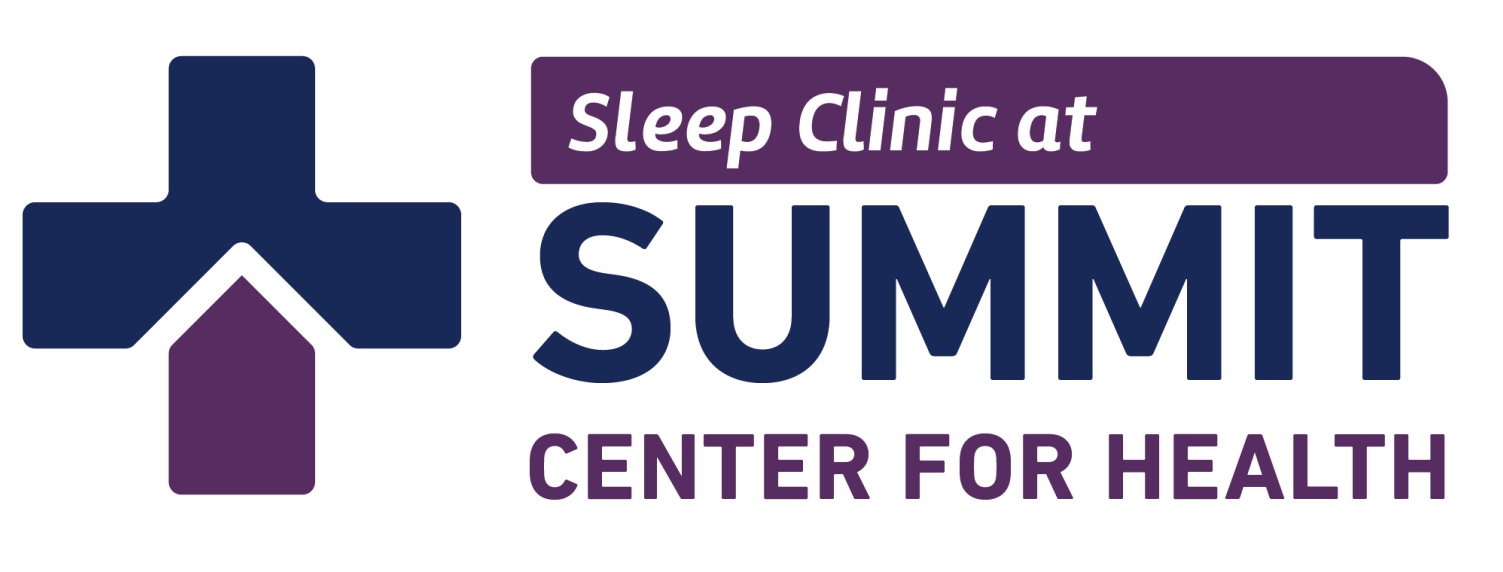Risk Management
Risk Management
Sleep Clinic at Summit Center for Health in Oakbrook Terrace, Illinois
Schedule an appointmentIf you own or manage a trucking company, you already know that risk management comes with the territory. The practice involves assessing the various risks within a company, and figuring out how to minimize them.
In the case of the trucking industry, safety precautions are paramount when it comes to protecting drivers, the lives of the people with whom they share the road. It also minimizes the chances of damaging the goods commercial drivers transport, and the expensive machinery they operate.
Given the pressures that truck drivers are under to deliver their goods, it’s no surprise that sleep health is a major issue facing the industry. Drivers who are drowsy at the wheel can cause catastrophic damage.
Don’t Dismiss “Driving While Drowsy” Dangers
The Centers for Disease Control and Prevention estimates that some of the 6,000 fatal crashes involving commercial vehicles may be due to drowsy driving. For commercial drivers, not being rested enough leads to difficulty making the split-second decisions that are so important when sharing the road with unpredictable drivers. Fatigue also leads to slower reaction times and to lack of concentration.
Even more concerning, feeling tired can soon start to feel like a normal part of a trucker’s life. Many commercial drivers report having missed exits, struggles with frequent yawning, and “zoning out” to such an extent that they can’t remember the stretch of road they’ve just traveled.
Why Are Sleep Disorders A Prevalent Problem Within The Industry?
It’s not just the fact that drivers lose sleep in order to get to where they’re going in time. The irregular schedules and poor sleeping conditions can also lead to chronic sleeping disorders. Some drivers also have primary medical conditions that cause fatigue or insomnia.
One of the first lines of defense against drowsy driving is to help truckers recognize potential warning signs of a sleep disorder. These red flags include:
- Falling asleep unexpectedly during the day
- Feeling drowsy at the wheel
- Not being able to fall asleep when parked for the night
- Getting enough sleep but still feeling drowsy
- Snoring or waking up gasping for breath
Treatments For Sleep Disorders Are Available
Although there are more than 80 types of identified sleep disorders, the ones truck drivers face most often are classic insomnia, sleep apnea and restless leg syndrome. But by no means do they have to live with these disorders. Treatments are available!
Before truck drivers can address their specific sleep disorders, however, it’s important they confirm a sleep disorder diagnosis with their doctor.
The most reliable way to do this is through a sleep study. Many tests for sleep disorders, such as those we administer at the Sleep Clinic at Summit Center for Health, are done overnight in a comfortable, private room. The tests are pain-free, and technicians explain every part of the procedure. While the patient sleeps, their body functions are monitored through special sensors.
It’s crucial that drivers who suspect they have a sleep disorder be encouraged to undergo a sleep study. The report generated by a facility such as Sleep Clinic at Summit Center will help the driver’s medical team determine which type of sleep disorder he or she may be suffering from, and which treatment is the best approach for that disorder.
Proper treatment is crucial from a public safety standpoint, as well as for the safety of the driver, not to mention the economic health of the business itself. Left untreated, sleep disorders in truck drivers can lead to accidents and injuries -- sometimes fatal ones. Treating a sleep disorder may also help prevent or improve related conditions.
Do you need to send your employees for sleep disorder testing? The Sleep Clinic at Summit Center for Health will efficiently and swiftly handle testing and analysis. Contact our dedicated team today to begin making the roads even safer for your employees and those with whom they share the road.
Contact Us
Contact Us footer form
Thank you for contacting us.
We will get back to you as soon as possible.
Oops, there was an error sending your message.
Please try again later.
Please try again later.
1S210 Summit Ave, Oakbrook Terrace, IL 60181
Sleep Clinic at Summit Center for Health | All Rights Reserved |
Created by Olive + Ash.
Managed by Olive Street Design.
